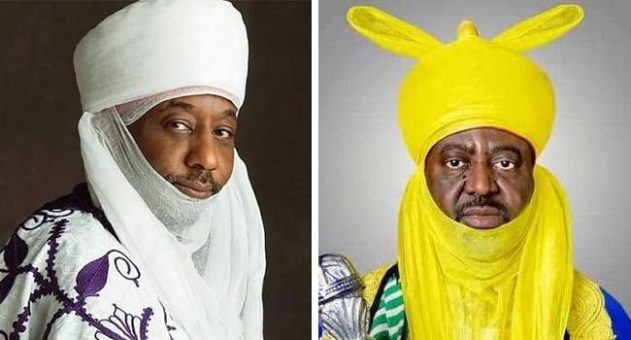Donald Trump’s comeback to the White House has not only cemented his return to power but also offered him a break from several high-profile legal challenges.
At 78 years old, Trump’s presidency allows him to delay or dismiss the criminal cases looming over him, with federal charges potentially vanishing and state cases frozen until he completes his four-year term. During the election campaign, Trump promised to fire Jack Smith, the special counsel overseeing his federal charges, within two seconds of taking office. While a U.S. president cannot directly remove a special counsel, Trump could appoint a new attorney general who might take action against Smith or even direct the Justice Department to drop the charges entirely.
The cases brought against Trump by Smith include accusations of attempting to overturn the 2020 election results and mishandling classified documents after leaving the White House. The election interference case, still ongoing in Washington, has been complicated by a July U.S. Supreme Court ruling granting broad immunity to former presidents from criminal prosecution.
Trump faces accusations of conspiracy to defraud the United States and obstructing official proceedings related to the January 6, 2021, Capitol attack by his supporters. He is also accused of trying to disenfranchise voters with false claims of election fraud.
Additionally, a federal judge in Florida, a Trump appointee, dismissed the documents case, citing the unlawful appointment of Smith. Although Smith has appealed the ruling, the federal cases against Trump seem increasingly uncertain now that he has secured the presidency again.
On the state level, Trump is involved in two cases. In New York, he was convicted in May of falsifying business records to cover up hush money payments made to adult film star Stormy Daniels ahead of the 2016 election. Though scheduled for sentencing in July, his legal team has pushed for the conviction to be dismissed in light of the Supreme Court ruling. Trump, the first former president to face criminal conviction, could face up to four years in prison on each count, though a fine or probation is more likely given his status as a first-time offender. A judge is set to rule on the dismissal motion on November 12, with sentencing scheduled for November 26.
In Georgia, Trump faces racketeering charges for his role in attempting to alter the 2020 election results in the state. However, this case is expected to be suspended while he is in office due to a federal policy against prosecuting sitting presidents. The case has also been complicated by allegations of misconduct involving the district attorney overseeing it, Fani Willis.
As Trump navigates the presidency once more, these ongoing legal battles may remain on hold, but the long-term impact on his political future remains to be seen.



